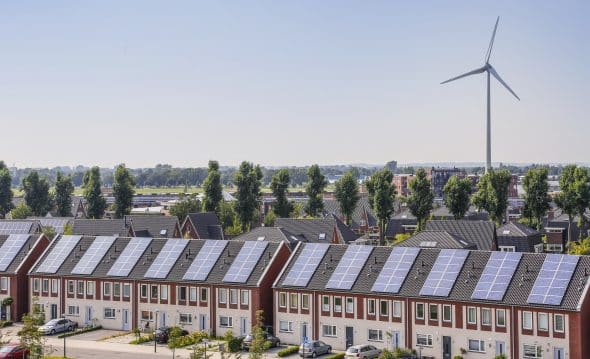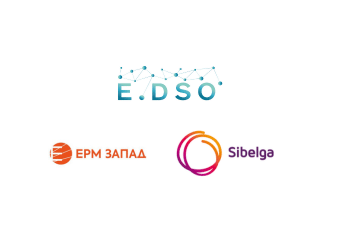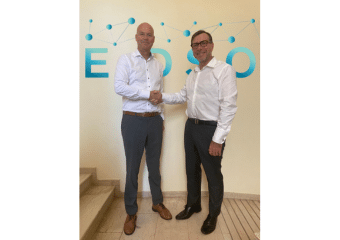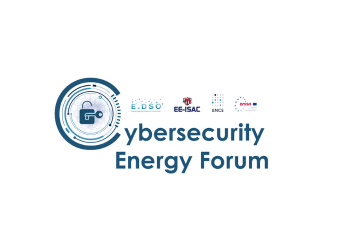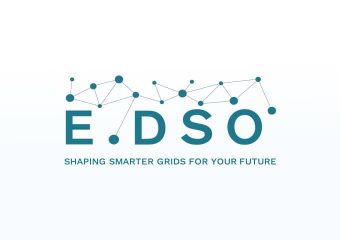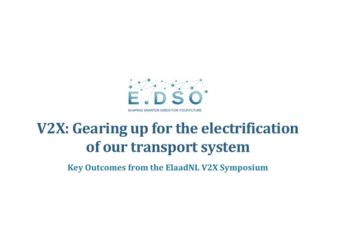Smart energy use decreases power outages
Important steps made in development of sustainable energy system
Smart energy use decreases power outages
HEERHUGOWAARD – The number of future power outages decreases when households are more flexible in their energy use. By connecting smart devices to a smart energy system, the peaks in the electricity grid are reduced, leading to fewer outages. Households want to contribute to such a system, as long as no extra effort is involved. These are the main results of the Dutch smart energy project “EnergieKoplopers” initiated by grid company Alliander and energy retailer Essent.
Smart energy system
In the municipality of Heerhugowaard, where the project took place, 200 household were connected to a smart energy system for a full year. The smart energy system predicted the daily electricity use and production, and automatically controlled smart devices, such as an electric boiler, in order to balance demand and supply.
In the project, Essent took on the role of Aggregator. The participating households supplied flexibility from their smart devices to the Aggregator, and received a remuneration for this flexibility. The aggregator applied this flexibility for the purpose of reducing peaks in the grid, for example by using excess solar power in daytime to heat the water in the electric boilers that could be used at night when solar power is short . As a result, the grid was not overloaded, and fifteen simulated power outages could be prevented.
Behavioral change is unnecessary
The project provided a clear insight with propositions for consumers in mind. It was found that a compelling story of the aggregator is important, in which the goal of the proposition is clearly explained. Convenience is also very important, but also the financial security and reliability of the involved aggregator.
Further, the project showed that households do not need to change their behavior to contribute to a sustainable energy system. The smart devices were controlled fully automatically, which meant that the households did not have to do anything. The participants were very pleased with this approach: almost all households (85%) indicated contributing to a sustainable energy system through their smart device gives them a good feeling. Also, 75% finds the automatic controlling to be of great convenience, because no extra effort is involved.
Flexibility market
The flexibility from the households was traded by the Aggregator on a separate flexibility market. For this purpose, the market model of the Universal Smart Energy Framework (USEF) was applied. The project has shown that a flexibility market works well in practice: it helps to solve future problems, and creates value for all parties involved.
A summary of the project is available as an animated video.
The final report of the project can be downloaded here.
For information regarding USEF can be found here.
For more information, please contact:
Essent Corporate Affairs, Ilse Steenbergen, phone: +31 (0)6 211 75 205, e-mail: ilse.steenbergen@essent.nl
Alliander Press Office, Karen Nitschke, phone: +31 (0) 6 464 35 915, e-mail: woordvoering@alliander.com

